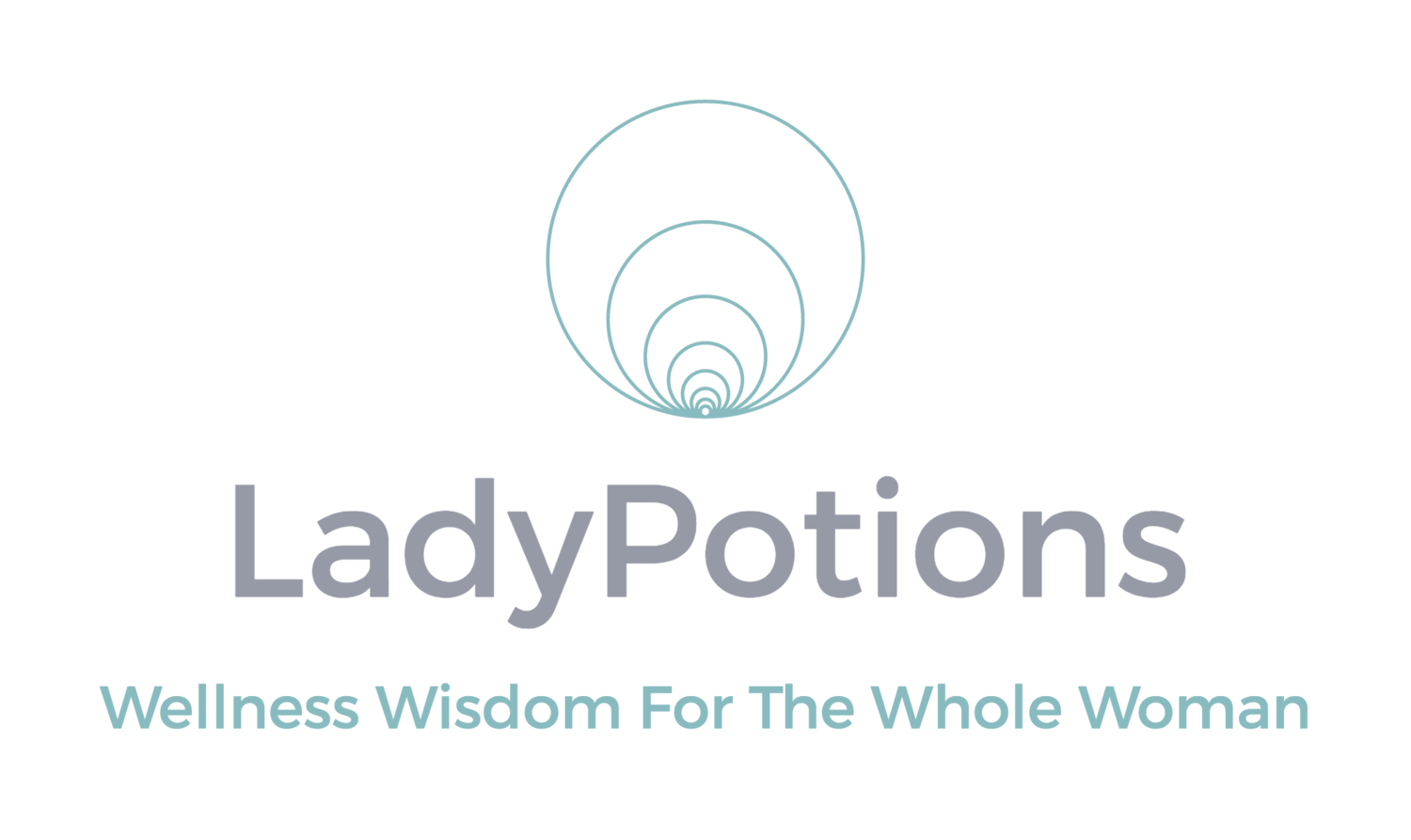Zulgeil Ruiz Ginés, born and raised in Puerto Rico, is affectionately known as “Zul”. After the birth of her first daughter, she was forever changed in how she understood pregnancy and birth. Supporting families in their pregnancy, birth and postpartum care became her passion. She has studied with birth workers in Los Angeles, Mexico and now Florida.
Zul is the owner of UMA Midwifery & Homebirth Services assisting families in St. Petersburg, Clearwater, and the greater Tampa Bay area.
We discuss challenges women, especially women of color, face while seeking proper birth care.
Description:
There is an alarmingly high maternal mortality rate among women of color in the United States- 40 deaths per 100,000 compared with a 12.4 deaths per 100,000 for white women. This is on par with women experience in developing nations. Why is this continuing to happen in one of the wealthiest nations and no one is talking about it? More importantly- What are the solutions?
Takeaways
[7:05] The pandemic skyrocketed demand for midwives, as some women were being forced to birth at home, or couldn’t have family in the room during the delivery.
[12:07] Not everyone needs a home birth, but everyone can benefit from a midwifery model.
[14:03] Becoming a doula or taking a doula course gives a great introduction into midwifery, and the journey can help us heal from traumatic birth experiences. [19:30] Pain is physical, but suffering is mental. When we anticipate pain, we experience it.
[24:40] Since the pandemic, some women are getting induced as early as 37 weeks, but such early inductions can often lead to caesarian births.
[36:15] Certain areas have hospitals that are understaffed or under equipped to handle certain birth situations, especially for women of color, or people needing translation services.
[45:08] Women of color are often left unheard in hospitals, leading to traumatic experiences that create a distrust and fear of going to hospitals.
[49:19] CDC: 60% of the current US maternal deaths are preventable.
[57:00] The right to choose the type of birth you will have depends on the state you live in.
[67:07]Home births cost around 6k including all pre- and post-partum care. Hospital births range from $8000 to $60000
https://www.fertilemindsradio.com/
https://www.cdc.gov/nchs/data/hestat/maternal-mortality/2020/maternal-mortality-rates-2020.htm
https://www.cesareanrates.org/
https://www.consumerreports.org/c-section/biggest-c-section-risk-may-be-your-hospital/
